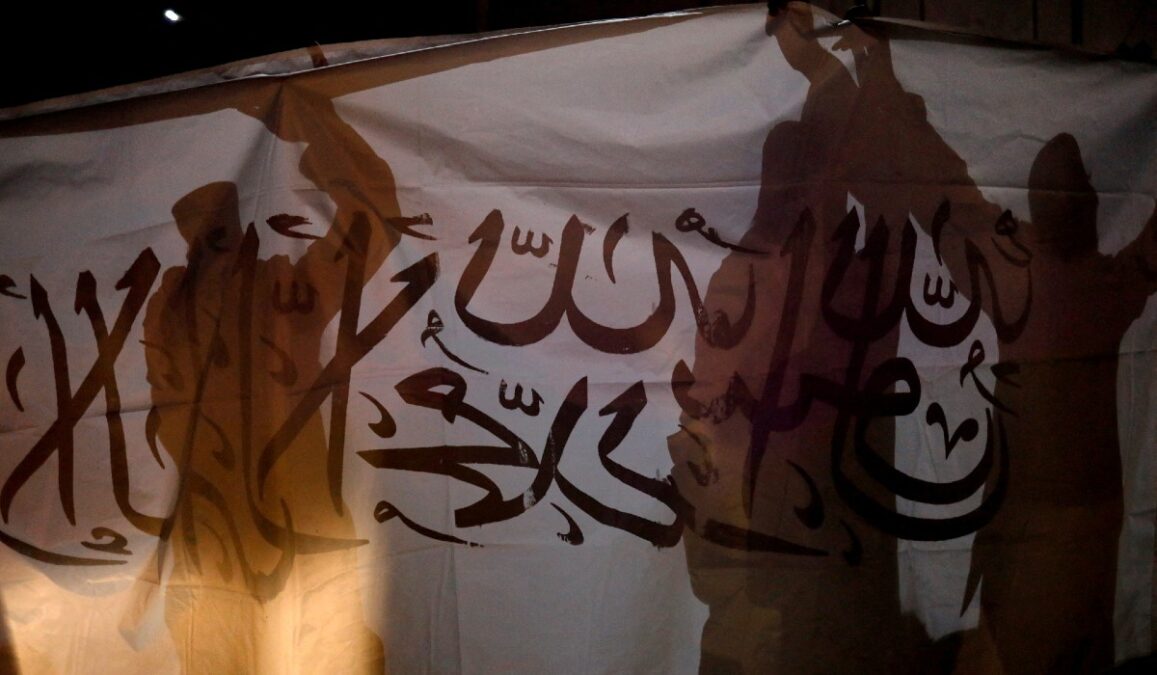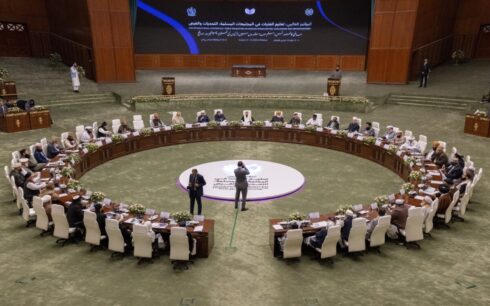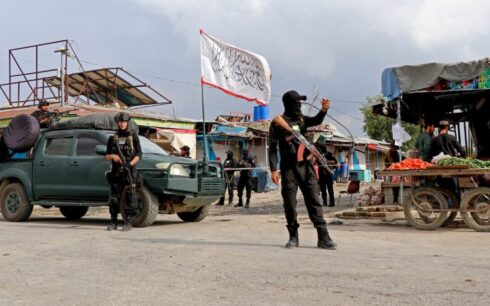A human rights organization, known as Rawadari, has issued a warning in response to a new law ratified by the Taliban, stating that it exacerbates “gender discrimination” and suppresses freedom of expression and belief.
In a statement, the group emphasized that the Taliban’s “Promotion of Virtue and Prevention of Vice” law is based on “extreme, arbitrary, and rigid interpretations” of Islamic Sharia, leading to the spread of a “culture of intimidation, suppression of freedoms, and violation of human dignity.”
The organization noted that the law empowers Taliban-affiliated individuals and institutions to “use force, pressure, intimidation, and threats” to compel people to adhere to specific religious standards.
Rawadari added that this approach not only contradicts fundamental human rights principles but also fosters a deep sense of fear and distrust within society.
The statement further elaborated that the law grants Taliban-affiliated entities the authority to monitor personal behaviors and private lives, which constitutes a blatant violation of citizens’ privacy and ensures that people remain “under constant surveillance and control by the Taliban.”
The organization warned that by imposing specific religious and cultural norms, the law threatens Afghanistan’s rich cultural and religious diversity. It argued that the forced adherence to a single religious viewpoint would lead to the suppression of minorities and weaken the country’s pluralism and peaceful coexistence.
Instead of promoting a culture of respect and coexistence, the group argued, the law paves the way for increased bullying, human rights abuses, and the restriction of individual freedoms.
Rawadari called on religious scholars and experts, both within Afghanistan and internationally, as well as Islamic countries, regional actors, the global community, and international organizations, to intensify their efforts to revoke the law and support Afghan women’s demands for justice and equality.
The Taliban’s “Promotion of Virtue and Prevention of Vice” law, ratified by their leader Hibatullah Akhundzada, spans 114 pages and contains 35 articles that impose new restrictions on the rights and freedoms of Afghan citizens, particularly women. The law also grants extensive powers to the Taliban’s enforcers, known as the “morality police,” allowing them to arrest, punish, and imprison individuals, including women.
Under this law, the voices of women are deemed “awrah” (a term used in Islamic jurisprudence referring to parts of the body that must be covered), and women are ordered not to speak in public places where men are present. It also mandates the full covering of women’s faces and bodies in public.





